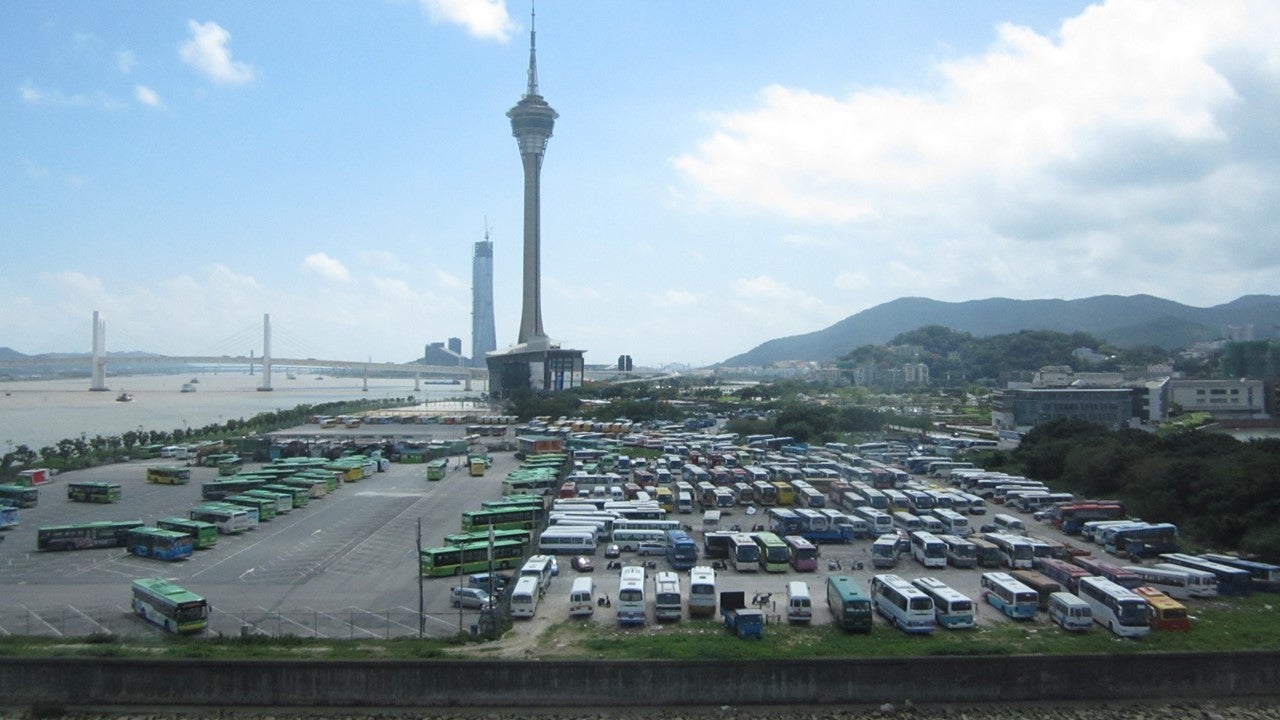Events
Writing Comparatively: Histories, Infrastructures and Materialities
| Date | : | 15 Apr 2024 |
| Time | : | 16:00 – 18:00 (SGT) |
| Venue | : | Hybrid (Online via Zoom & AS8 04-04) |
| Contact Person | : | LIM, Zi Qi |
CHAIRPERSON
Prof Anoma Pieris, The University of Melbourne
PROGRAMME
| 16:00 | WELCOME REMARKS Prof Anoma Pieris | The University of Melbourne |
| 16:05 | PANEL 1 Prof Anoma Pieris | The University of Melbourne Dr Stefan Huebner | National University of Singapore |
| 16:35 | QUESTIONS & ANSWERS |
| 17:00 | PANEL 2 Assoc Prof Kah-Wee Lee | National University of Singapore Prof Tim Winter | National University of Singapore |
| 17:30 | QUESTIONS & ANSWERS |
| 18:00 | END |
ABSTRACT
What does it mean to write across and inter-Asia? To think regionally and globally? To frame questions of Global South, North-South or East-South politics? How might we design a comparative intellectual project? This roundtable brings together four speakers who think and write comparatively in recent or forthcoming book projects. Their research is framed as two conversations, covering historical and contemporary topics.
Geopolitically complex research projects are extraordinarily demanding with associated risks and rewards. What does it mean – methodologically and as a form of intellectual labour – to travel across borders, to engage with species translocation, and to imagine the region as an archipelago? The ambitions of comparative work entail relational ways of thinking about territoriality, historical time/space, human mobilities, urban and industrial infrastructure, material and cultural heritage, and human/non-human ecologies, ways difficult to capture through nationally circumscribed studies. Conversely, our preference for nationally circumscribed research is guided by many factors, such as language, culture, guaranteed audiences and institutional funding. These factors often preset the criteria of comparativity and limit what kinds of questions can be asked in the first place. The Roundtable will bring these challenges to bear on individual projects as well as reflect on the costs and rewards of leaving behind the safe ground of ‘national’ subject positions and established disciplinary boundaries.
ABOUT THE SPEAKERS
Anoma Pieris is Professor of Architecture at the Melbourne School of Design. She is a postcolonial scholar who has published widely on issues of nationalism, citizenship and sovereignty as viewed through the lens of architecture. She has a specialist interest in penal architecture from the colonial period to the Pacific War. Anoma’s PhD thesis and related book titled Hidden Hands and Divided Landscapes: A Penal History of Singapore’s Plural Society (University of Hawaii Press 2009) was on the colonial prison in Singapore. Her most recent publications include Sovereignty, Space and Civil War in Sri Lanka (2018), the anthology Architecture on the Borderline: Boundary Politics and Built Space (2019) and The Architecture of Confinement: Incarceration Camps of the Pacific War (2022), co-authored with Lynne Horiuchi. Anoma was a guest curator with Martino Stierli, Sean Anderson and Evangelos Kotsioris of the 2022 MoMA exhibition, The Project of Independence: Architectures of Decolonization in South Asia, 1947-1985.
Stefan Huebner is Senior Research Fellow at the Asia Research Institute in National University of Singapore. He is also a historian whose current research project is a global history of the industrialisation and urbanisation of the world ocean during the Anthropocene (since the mid-twentieth century). During the spring semester 2019, he served as U.S. SSRC Transregional Research Fellow at Harvard University, where he has previously been a Fulbright scholar during the spring semester 2018. Earlier, he was History and Public Policy Fellow at the Woodrow Wilson International Center for Scholars, a postdoctoral and a doctoral fellow at the German Historical Institute Washington, DC, and a doctoral fellow at the German Institute for Japanese Studies Tokyo. His most recent articles were published in Journal of Global History, Modern Asian Studies, and Environmental History.
Kah-Wee Lee is an interdisciplinary scholar who works on the relationships between space and power, particularly through the lenses of modern expertise such as architecture, urban planning, law and public administration. His current project, “Casino Urbanism”, examines the expansion of the casino industry across Singapore, Manila and Macau and asks how licit and illicit channels of capital are transforming these cities. Lee’s research has been published in International Journal of Urban and Regional Research, Environment and Planning A and C, Geoforum, and local professional journals. He is the author of Las Vegas in Singapore: Violence, Progress and the Crisis of Nationalist Modernity (2018).
Tim Winter is Cluster Leader and Senior Research Fellow at the Asia Research Institute (ARI), National University of Singapore. He moved to ARI from the University of Western Australia, where he was Professorial Future Fellow of the Australian Research Council. Tim has led the development of heritage diplomacy as a cross-disciplinary concept and introduced geocultural power to the analysis of international affairs. Recent articles on these topics appear in Geopolitics, International Affairs, International Journal of Cultural Policy, and Environment and Planning D. His most recent books are Geocultural Power: China’s Quest to Revive the Silk Roads for the Twenty-First Century (University of Chicago Press 2019) and The Silk Road: Connecting Histories and Futures (Oxford University Press, 2022). He is now working on the book The Metaverse: Lessons from History.
REGISTRATION
Registration is closed, and instructions on how to participate in this hybrid talk has been sent out to registered attendees. Please write to ziqi@nus.edu.sg if you would like to attend the event.



